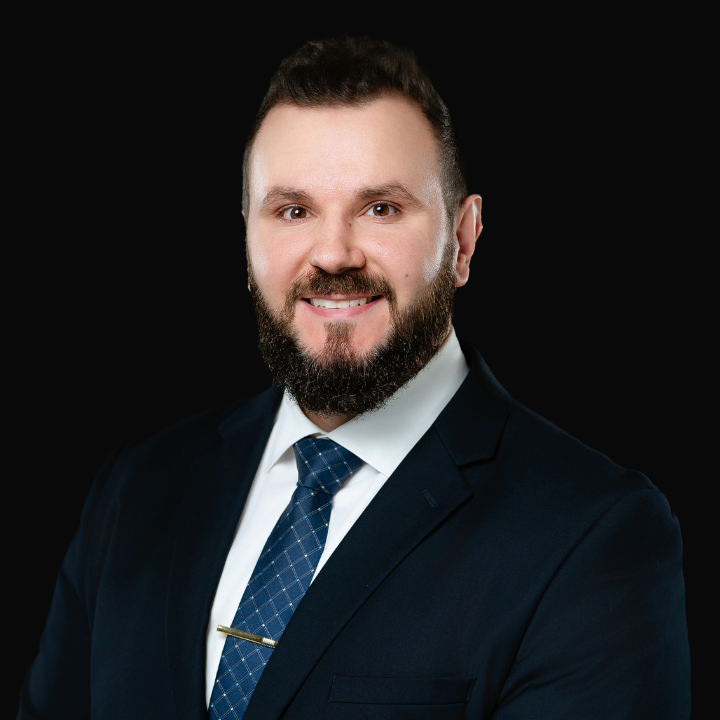Many people are private about their health, going so far as to keep their conditions from their own family. Whether it's out of fear, shame, or simply not wanting to burden others, this silence can have unintended consequences.
Understanding your family health history is a powerful tool for protecting your health and the health of future generations. A condition that affects a parent, sibling, or grandparent could significantly raise your own risk of developing the same issue.
“Family health history is a key factor in preventative care,” says Dr. Mirnes Kadic, a family medicine physician at The Iowa Clinic in Grimes. “It helps us identify patterns and make proactive decisions about screenings and lifestyle changes . Several disorders or syndromes exist that are comprised of health conditions, including cancers, that may not appear to be related but can be associated and affect a multitude of other organs and their functions”
Family health history is a critical component of disease prevention.
There are more than 6,000 single-gene disorders, where a single gene mutation causes disease. Beyond that, hundreds of other health conditions are influenced by genetic and hereditary factors — everything from cancer and diabetes to heart disease and allergies.
When you understand your family’s medical past, you’re better equipped to:
- Understand your personal health risks
- Educate your family and improve the health of your loved ones by providing early intervention and screenings
- Qualify for earlier screenings
- Take preventative steps
- Make informed lifestyle choices
Your family history can affect screenings and prevention.
Your primary care provider or specialist may recommend screenings based on your family’s medical history – even if you’re not experiencing symptoms yourself.
“Many health screenings are triggered by family history,” says Dr. Kadic. “If you’re unsure of your relatives’ conditions, you might not qualify for certain early screenings.”
In OB/GYN care, for example, a family history of ovarian, breast, or colorectal cancer could prompt genetic testing or early mammograms. In primary care, your doctor may recommend blood pressure monitoring, cholesterol checks, or prediabetes screenings at a younger age based on your family’s history.
Know what questions to ask.
Many people don’t openly discuss medical issues, but having these conversations can be lifesaving. Focus first on your first-degree relatives, like your parents, siblings, and children. Then expand to include grandparents, aunts, unless, cousins, and half-siblings.
Dr. Kadic recommends these questions when talking to relatives about their medical history:
- How old are you?
- What ethnicity is your side of the family?
- Do you have any major health conditions, chronic diseases, or past diagnoses?
- Has anyone in the family had cancer, heart disease, or diabetes?
- How old were you/they when diagnosed?
- What treatments were given, and were they effective?
- Were there any complications from the condition?
- Do you have any allergies?
- Does anyone else in the family have the same allergies?
- What age did [family member] pass away, and what was the cause of death?
Approach it with care and curiosity. Let your family know you’re not asking out of fear – but out of love and desire to protect everyone’s health.
What to Do with Your Family Health History
Once you’ve collected your family’s medical background, keep it organized and secure. The U.S. Surgeon General has an online tool, “My Family Health Portrait”, that can help you father and record your family’s health information.
Then, share the information with your primary care provider. It becomes a critical part of your overall medical record and can guide:
- What screenings you need
- When you should get them
- What lifestyle changes could lower your risk
- When to consider family member screenings, particularly your own children
If you don’t gather the information for yourself, do it for your family. After all, not knowing your medical history may prevent them from getting the screenings or taking the preventative steps they need. So, share your own health history and what you find out about everyone else with every one of your close relatives.

